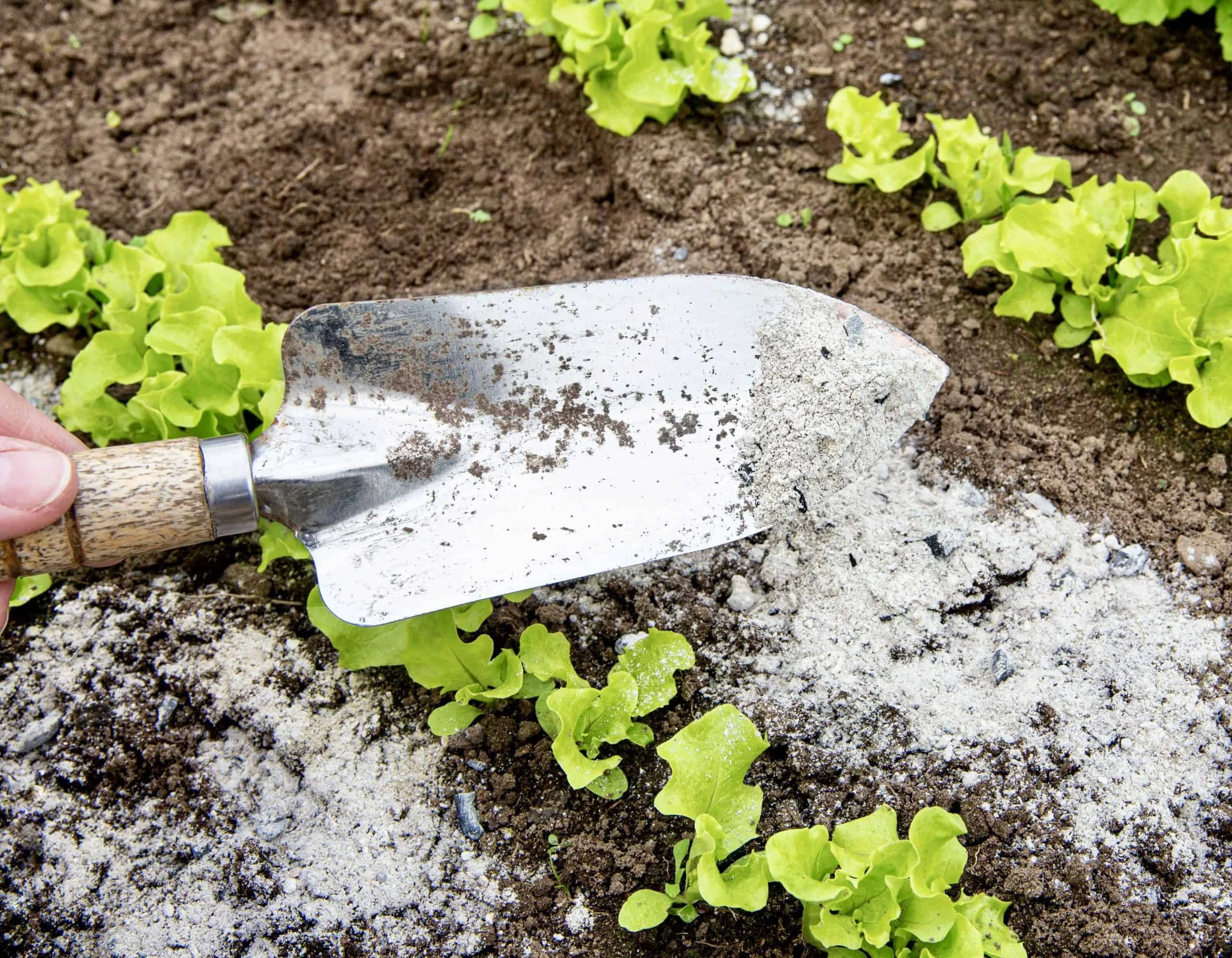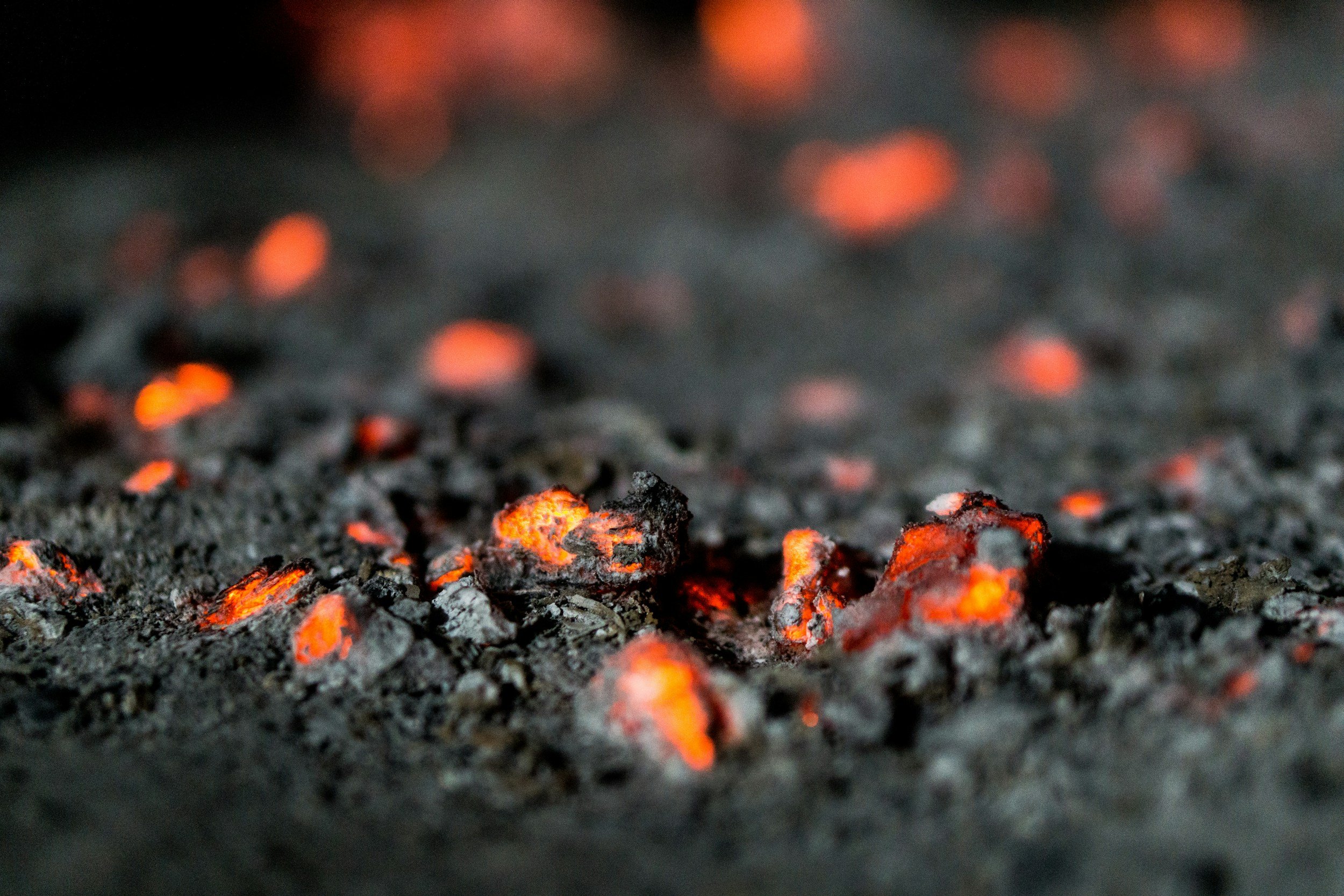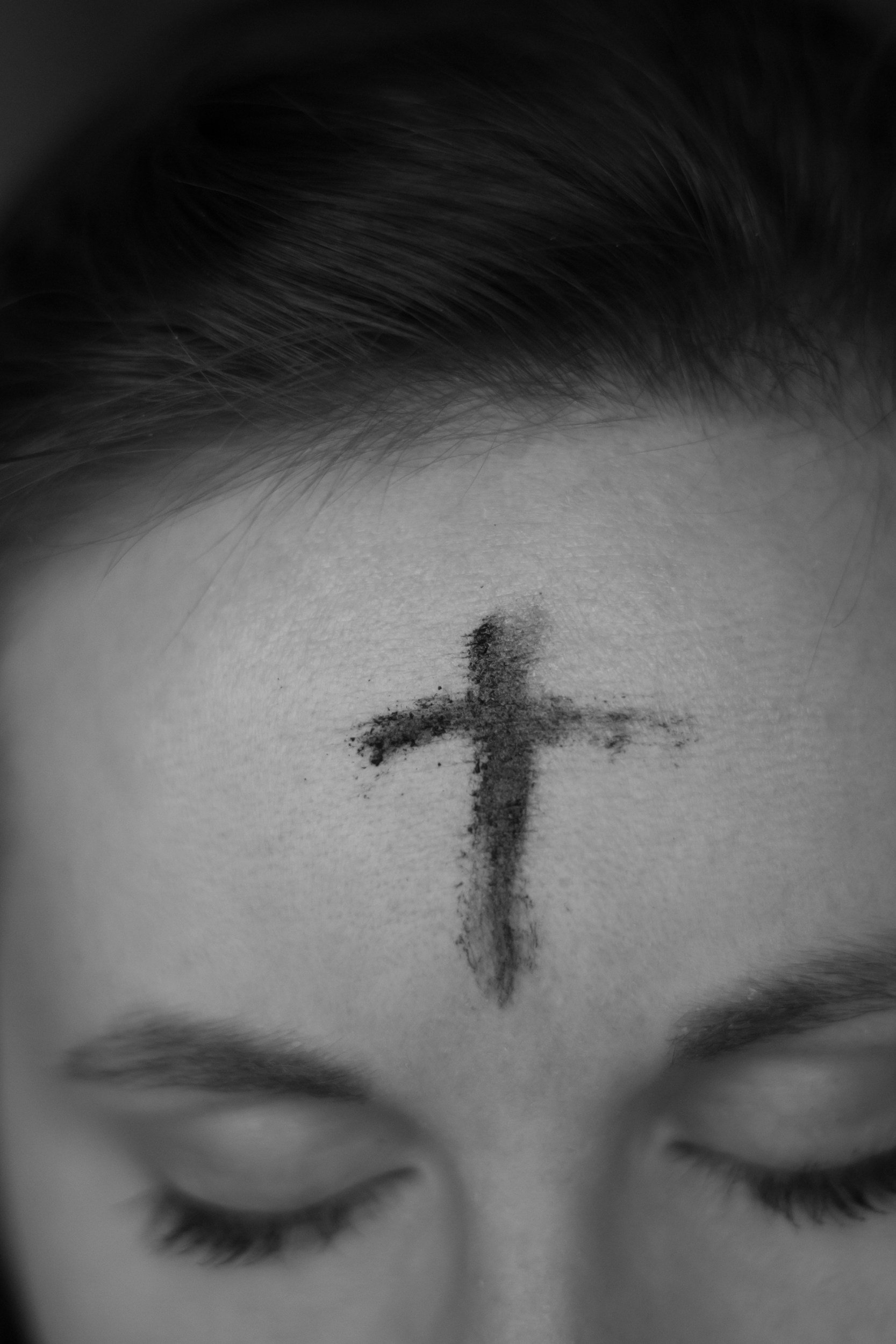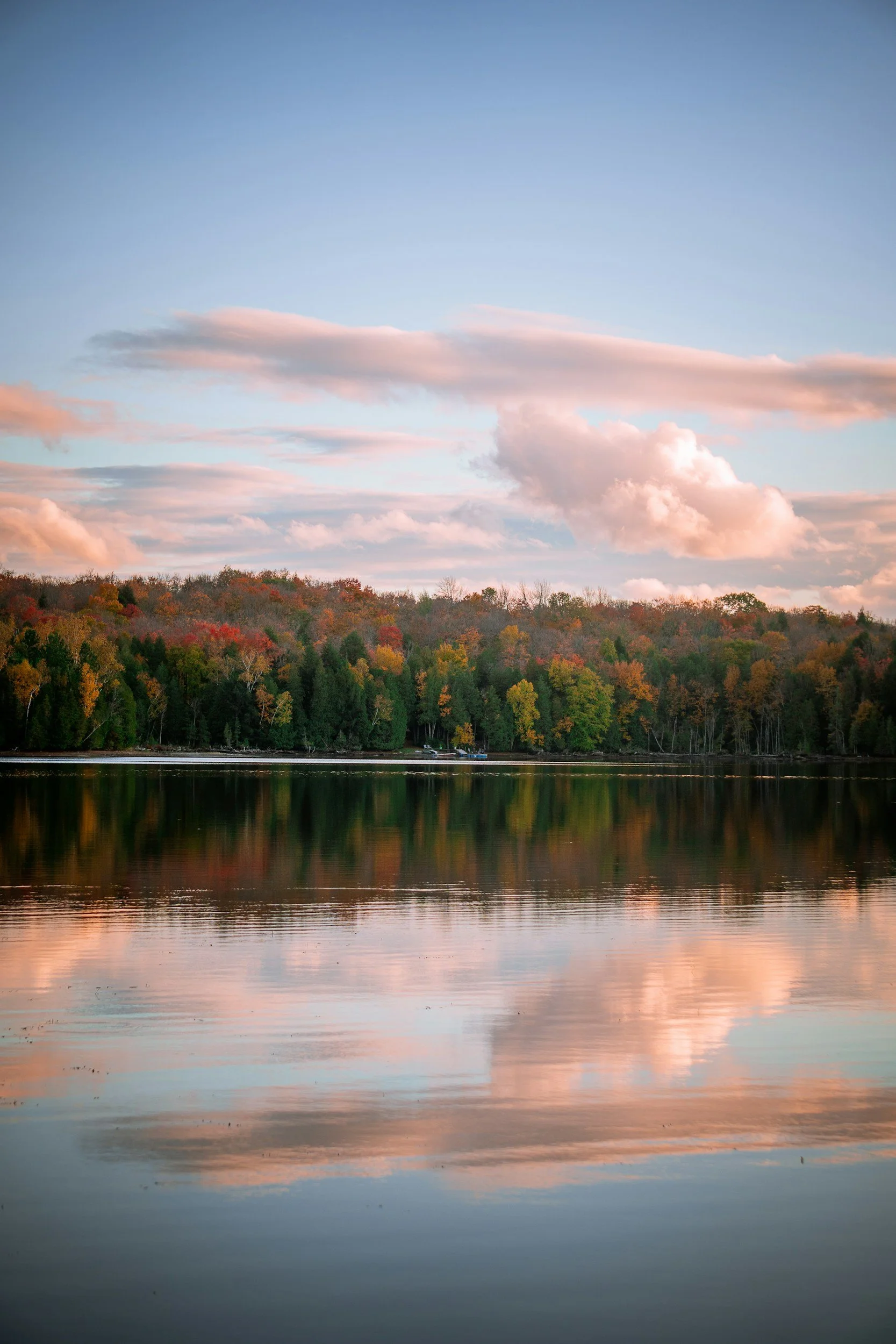A couple of days ago, on a drive to Toronto, I found myself thinking of ashes (not my usual sort of thought on the 401!). I was thinking in this vein as I pondered Ash Wednesday upcoming. In Christian Tradition, Ash Wednesday marks the beginning of the season of Lent; a journey of some 40 days with Christ through cross to resurrection culminating in the celebration of Easter. Historically, marking with ashes in our various churches has been associated almost solely with repentance, but this association, while important, is far from the full invitation of the Lenten season. So back to my thoughts on ashes!
My mind wandered first to a distant memory of childhood when my grandmother would have me help her gather the ashes from the open fire grate to spread on her lovely English garden to enrich the soil for new growth; an act of faith and possibility. Lent is not about becoming stuck in an “ash heap of sinfulness” and negativity toward the self but rather a reaching out to God, for mercy, new growth, for transformation and conversion of heart. In a beautiful poem, “Blessing the Dust”, Jan Richardson reminds us of this hopeful reality and divine invitation. She writes:
All those days
you felt like dust, like dirt,
as if all you had to do was to turn your face
toward the wind
and be scattered to the four corners
or swept away
By the smallest breath
as insubstantial -
did you not know
what the Holy One
can do with dust?
What can God do in me as I open myself once again to the graces of Lent? The very existence of ashes pre-supposes earlier fire, fire that has the capacity to purify, energize, and comfort with its warmth. What about the fire in my life and faith now? Has it grown lukewarm or been extinguished perhaps by struggle, doubt, suffering, loss, simple neglect, busyness, or the negativity and division that exist in Church and society today? Perhaps Lent, is above all, an invitation, with God’s love and mercy to rekindle the fire in my spirit, for God, the world and neighbour, near and far. In his 2026 message for Lent, Listening and Fasting: Lent as a Time of Conversion, Pope Leo says,
“Lent is a time that invites us to place the mystery of God back in the centre of our lives, to find renewal in our faith and to keep our hearts from being consumed by the anxieties and distractions of daily life.” It is, he says, a call to restore “the quality of our relationships and dialogue” by listening to the Word of God and to the cry of those who are oppressed.
This is what “constantly challenges our lives, societies, political and economic systems, and not least the Church.” In the spirit of the ‘ever ancient, ever new’, Lenten traditions of prayer, fasting and charitable works, he invites us to the practical, to a deeper prayer and to respectful listening and caring action. He suggests a more profound fasting - a fast from “words that offend and hurt our neighbour”. As we consider the world at this present time how important that is.
May my Lenten practices, this year be prayerful acts of respect, kindness, dialogue, integrity of relationship. On this Ash Wednesday might I first ask myself, “is there warmth in the ashes still?” If so, I pray, rekindle in me the fire of Love.
-Sister Mary Rowell, csj
Image: Pablo Martinez @pablomp/Ahna Ziegler @artzUnsplash











